Construction is underway on the Chantilly Ecological Sanctuary at Briar Creek
Mecklenburg County and the City of Charlotte have partnered on this stream enhancement and storm water quality retrofit project along Briar Creek near the Chantilly neighborhood. Charlotte-Mecklenburg Storm Water Service’s overall goals of the project are to restore Briar Creek, Edwards Branch, and the Chantilly Tributary, improve water quality through improved storm water BMPs, and obtain stream mitigation credits for the City of Charlotte’s Umbrella Mitigation Bank.
Prior to the project, the Doral and Cavalier apartment complexes were located within the 100-year floodplain of the project site. Mecklenburg County purchased and removed the flood-prone buildings as part of the FEMA flood mitigation buyout program, which provided the space necessary to expand the existing community park, incorporate storm water quality retrofits, and restore portions of degraded streams. Over 9,000 LF of stream restoration and enhancement will be performed, two storm water quality BMPs will be installed within the floodplain of Briar Creek, and the ground will be prepared for greenway and recreational trails to be expanded in the future. Extensive hydraulic analysis was required to support a floodplain no-rise certification. Wildlands also prepared a feasibility study and an alternatives analysis for the Chantilly Tributary and BMP components of the project. Wildlands Realty negotiated five donated storm water easements on private parcels. Construction began in summer 2016 and is currently ongoing.



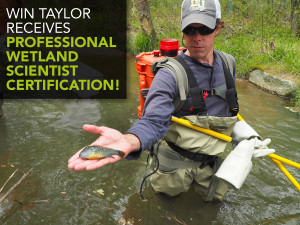
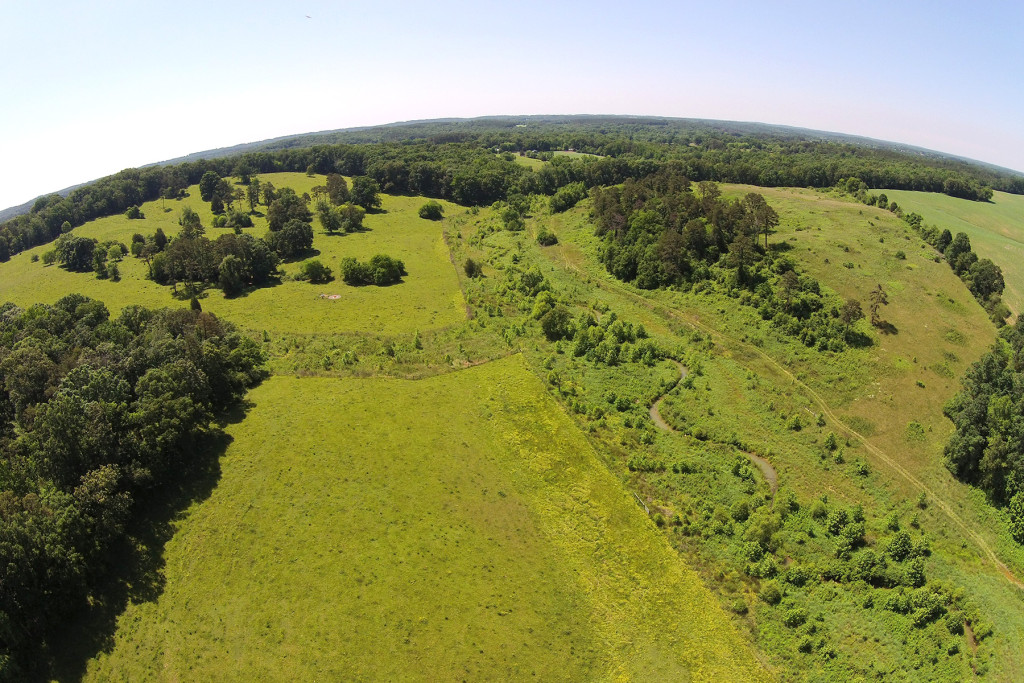
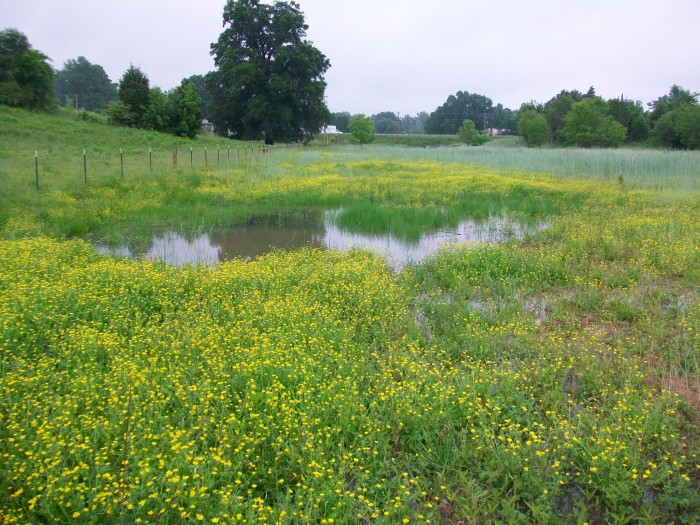
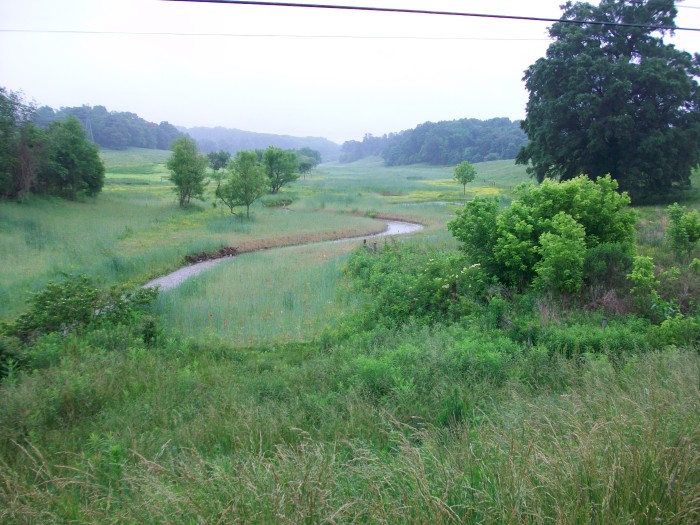
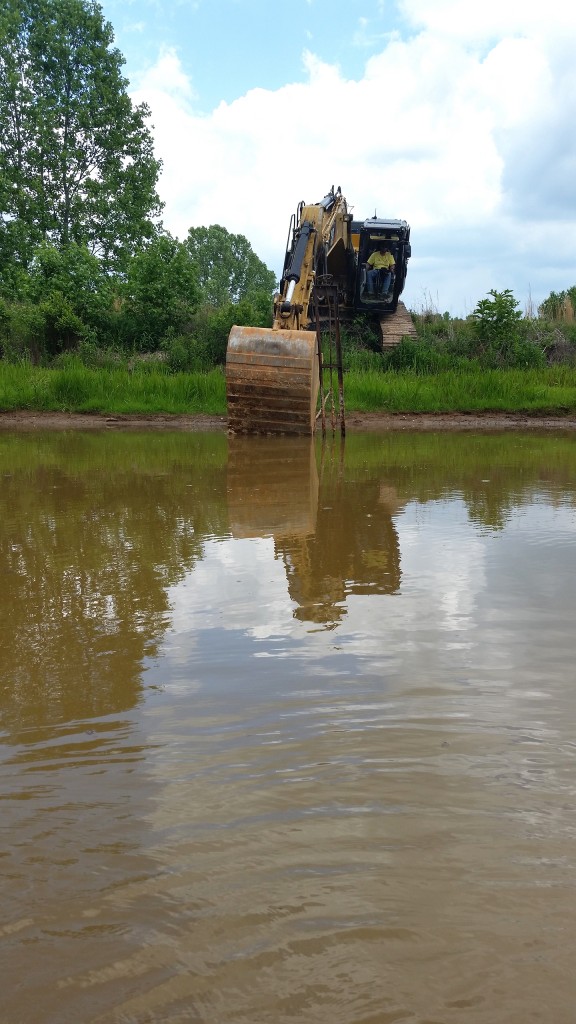
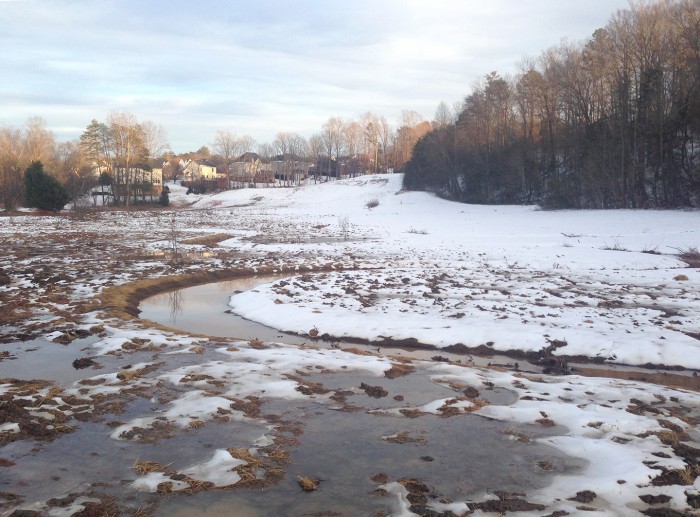
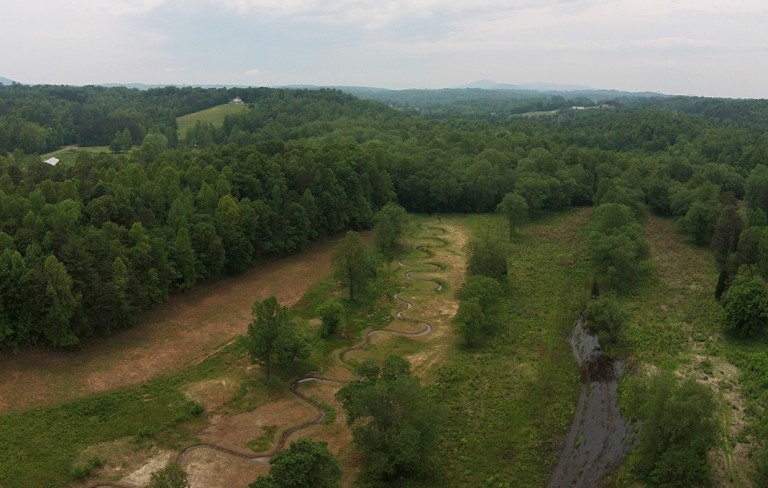
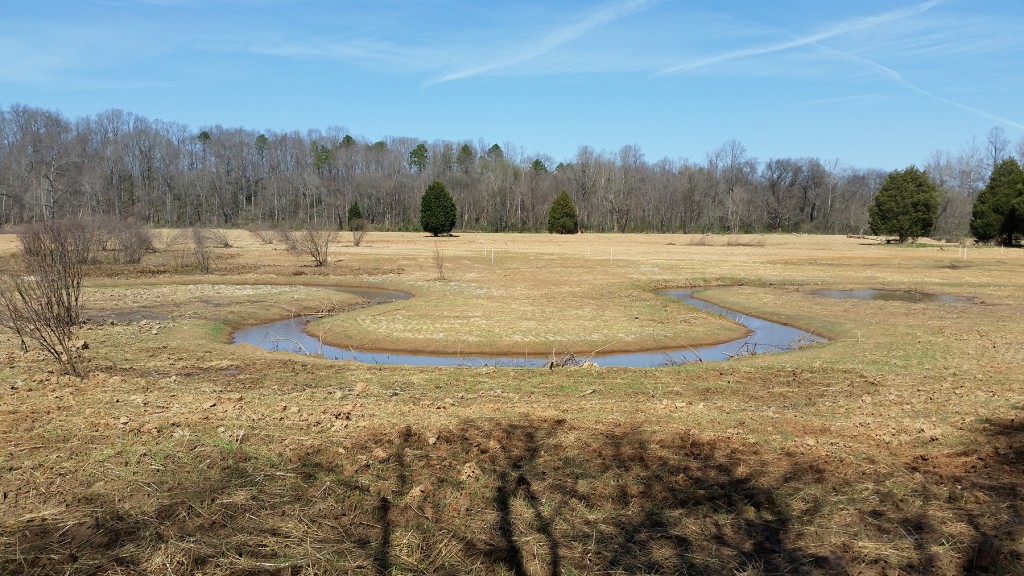

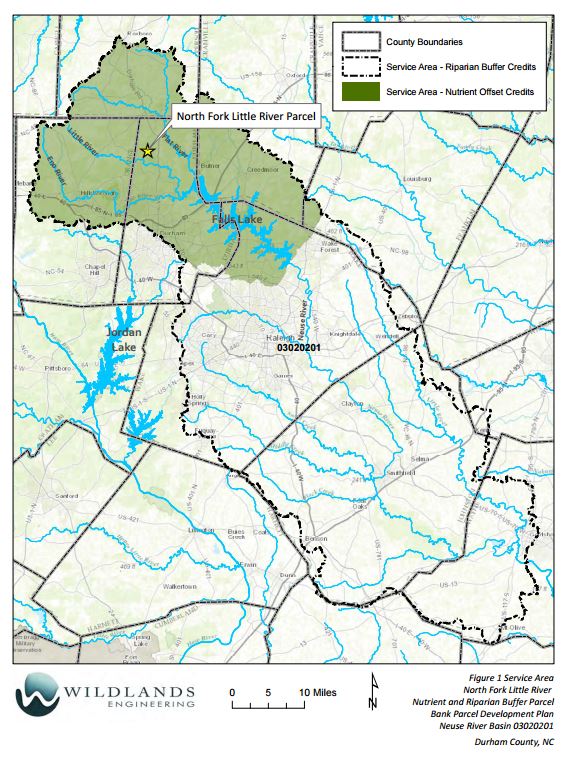
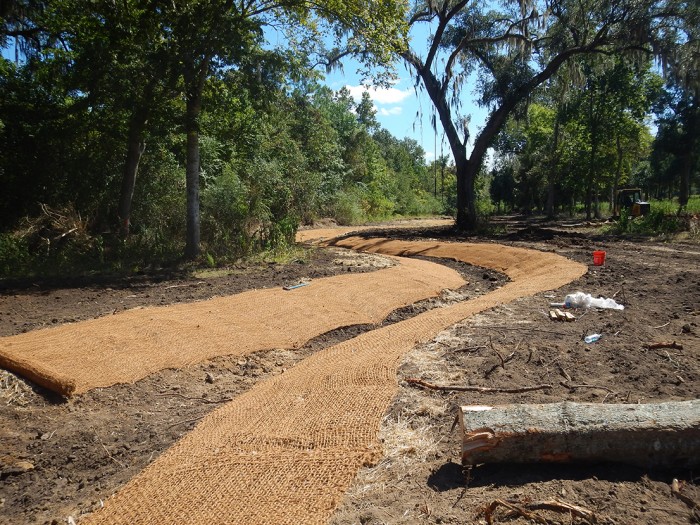
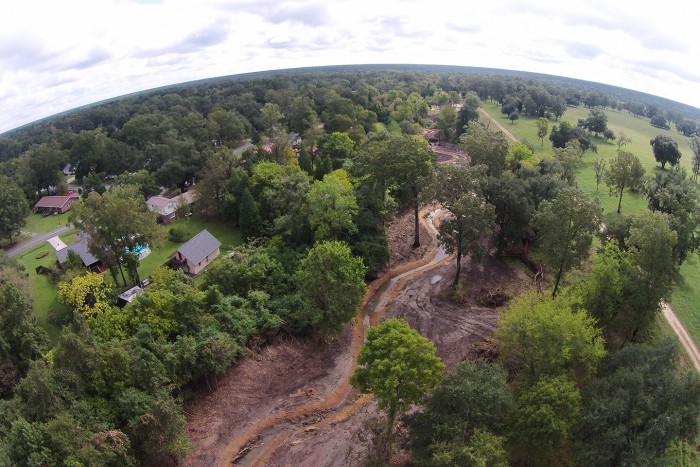
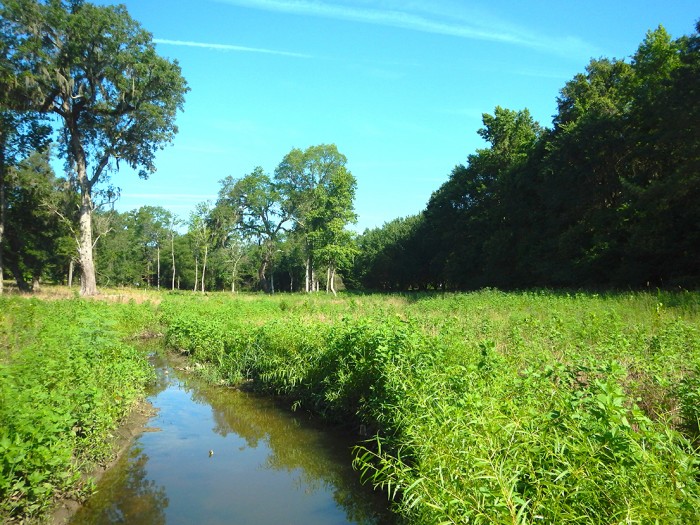
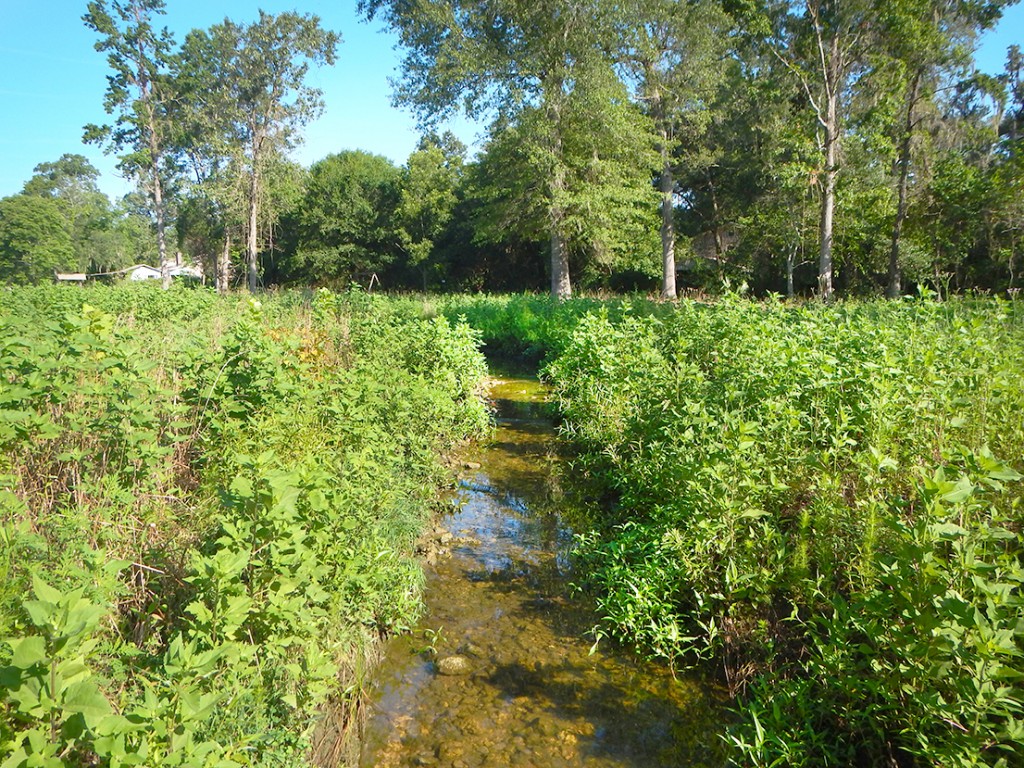
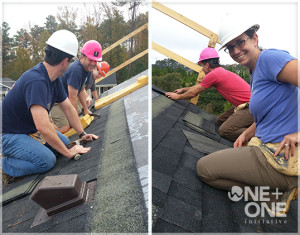
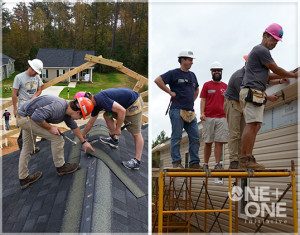
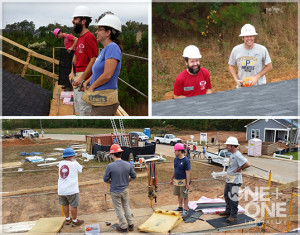
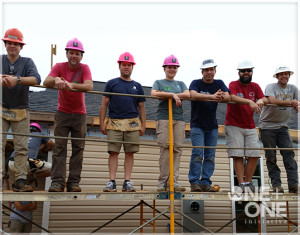
 Wildlands is thrilled to announce that Greg Turner has received his professional engineer license! Join us in congratulating Greg on this impressive achievement.
Wildlands is thrilled to announce that Greg Turner has received his professional engineer license! Join us in congratulating Greg on this impressive achievement. Join us in congratulating Wildlands team member, Alea Tuttle, for receiving her Professional Wetland Scientist certification! This certification is awarded by the Society of Wetland Scientists Professional Certification Program, which evaluates each applicant based on a combination of academic coursework, continuing education training, years of working experience in the field, letters of recommendation, and an essay describing an area of expertise. As a recipient of this certification, Alea meets the standards expected of a practicing wetland professional and she agrees to adhere to standards of professional ethics with regard to the conduct and practice of wetland science. Way to go, Alea!
Join us in congratulating Wildlands team member, Alea Tuttle, for receiving her Professional Wetland Scientist certification! This certification is awarded by the Society of Wetland Scientists Professional Certification Program, which evaluates each applicant based on a combination of academic coursework, continuing education training, years of working experience in the field, letters of recommendation, and an essay describing an area of expertise. As a recipient of this certification, Alea meets the standards expected of a practicing wetland professional and she agrees to adhere to standards of professional ethics with regard to the conduct and practice of wetland science. Way to go, Alea!